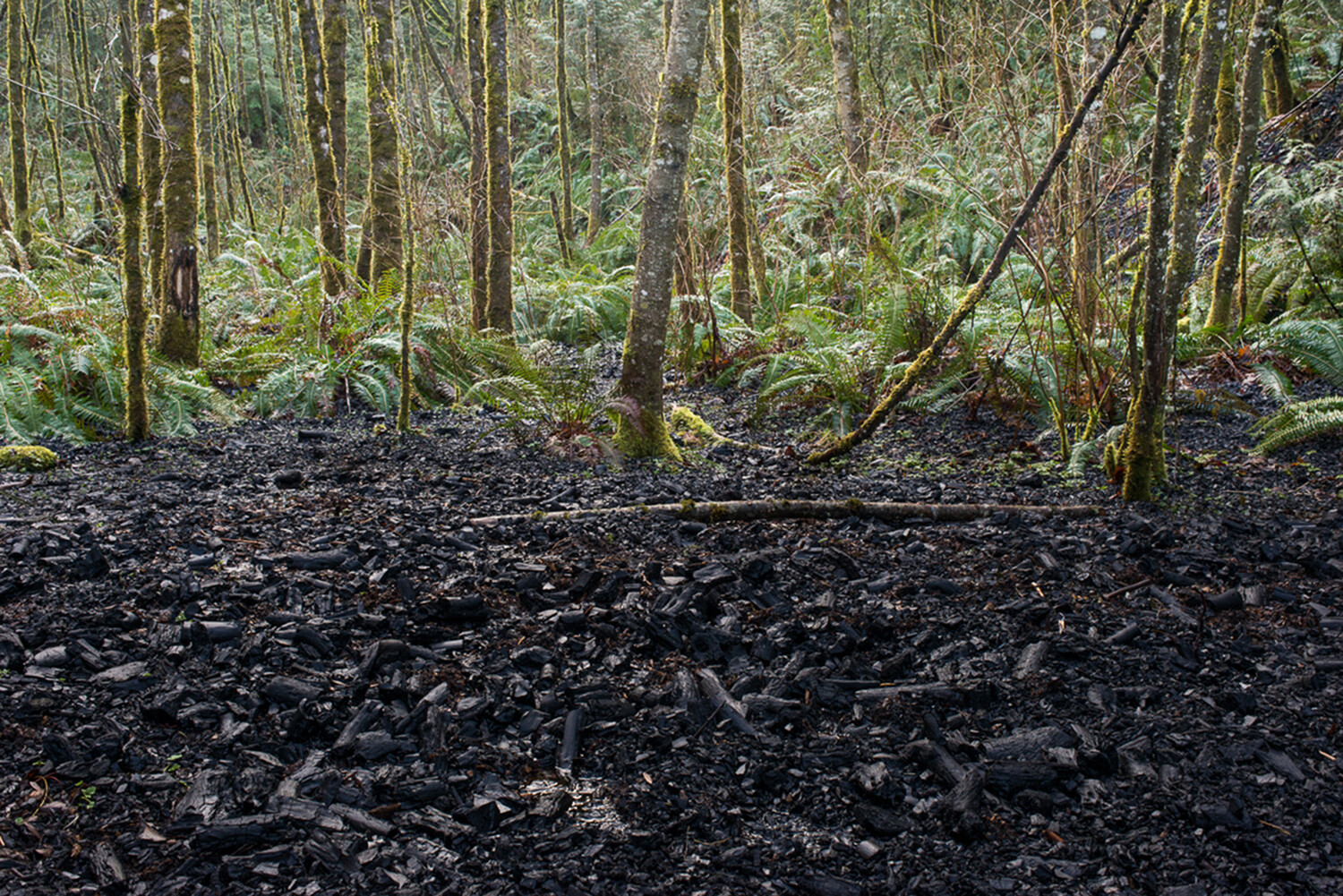Symposium on History, Environment, and Risk in Architecture
April 5–6, 2018
210 S. 34th Street
Meyerson Hall
19104 Philadelphia PA
US
news@design.upenn.edu
Uncertainty, risk, and instability are determinant features of contemporary life. In recent years, substantive new scholarship has emerged around structural conditions of economic precarity—on both the individual and societal levels—and around the systemic effects of climatic instability, increasingly evident in storms and other events, the impacts of which are intensified by spatial and economic inequities.
The sources of structural instability are manifold, and have long been understood to be essential aspects of capitalist economic systems, of colonization and its aftermath, of institutional forms of racism, gender inequity, and economic injustice. Environmental insecurities have both served to intensify and rhetorically justify these forms of spatio-temporal oppression. Colonial expansions, states of exception, emergency management, corporate exceptionalism, and discourses on resilience all inform our historical understanding of these instabilities and their systemic relationship to historical change; they also inform capacities for collective resistance.
Architecture, broadly considered as the intentional design of the built environment, is an important symbolic and material aspect of this structural instability. Operating at the nexus of processes of financialization, material metabolisms, and urban organization, the work of design mediates these conditions and contributes to our understanding of them. The seemingly unpredictable relationship between social practices and planetary systems also has a rich history, as do the conditions of social inequity that environmental pressures continue to intensify. By framing this symposium through architecture, the intent is to emphasize the intensity and indeterminacy of how economies and ecologies interconnect.
This symposium is interested in understanding instability as a theme in architectural, urban, and environmental histories and theories. We will explore how the structural instabilities of the 21st century are legible in histories of architecture and related spatio-political disciplines, insofar as they engage questions of economy, gender, race, and environmental change. Scholarly explorations around these terms have necessarily been interdisciplinary, and abstracts are welcome from any field.
Program
Thursday, April 5, 2018
Welcome and Introduction
10:30am
Panel 1
11am–1:15pm
Peg Rawes, Barlett School of Architecture, University College London
“Insecure Predictions: Buckminster Fuller’s Energy Slave Maps”
Jason Rebillot, Woodbury University
“Manzini’s Dilemma”
Whitney Moon, University of Wisconsin-Milwaukee
“The Rise and Fall of the Atomic Energy Commission Pavilion”
Panel 2
2–5pm
Paulo Tavares, University of Brasilia
“Containing Poverty: Architecture between Environmentalism, Development and Counterinsurgency”
Anooradha Iyer Siddiqi, Harvard University and Rachel Lee, Ludwig-Maximilians-University Munich
“Feminist Architectural Histories of Migration”
Léopold Lambert, Editor-in-Chief of The Funambulist
“The Architecture of the Colonial Continuum”
Ginger Nolan, University of Basel
“Self-Help Technics: Bricolage and the Management of Neo-Liberal Uncertainty”
Keynote
6pm
Felicity Scott, Columbia University GSAPP
“Productive Vulnerabilities”
Friday, April 6, 2018
Panel 3
10am–12:15pm
Elisavet Hasa, Royal College of Art
“The Rise of Solidarity Movements and the Architecture of Collective Equipment in Athens during the Years of Crisis”
Susanne Schindler, ETH Zurich
“The Model Cities Program: Productive Instabilities”
Maros Krivy, University of Cambridge and Estonian Academy of the Arts
“Urban Complexity: A Fad?”
Panel 4
1–3:15pm
Megan Eardley, Princeton University
“The Mine, the Surveyor, and the Production of Apartheid’s Boomtowns”
Nikki Moore, Rice University
“For Bread, Peace and Economic Expansion: Robert Malthus and the Architecture of the Green Revolution”
Fabrizio Ballabio, École Polytechnique Fédérale de Lausanne and University of York
“Measures of security: Ferdinando Fuga’s Reali Granili and the politics of grain provision in 18th Century Naples”
Panel 5
3:30pm–5pm
Mark Wasiuta, Columbia University and Farzin Lotfi-Jam, Columbia University
“Unstable Control”
Samia Henni, Princeton University
“Planning Instabilities: Monnet, Marshall, and Constantine Plans”
Concluding Remarks
5:30pm
Brett Steele, Dean, UCLA School of the Arts and Architecture
This symposium is being organized by Daniel A. Barber (PennDesign), Sophie Hochhäusl (Radcliffe/PennDesign), Eduardo Rega (PennDesign) and Naomi Waltham-Smith (Penn School of Arts and Sciences). It is sponsored by the Department of Architecture, School of Design, University of Pennsylvania; the Penn/Mellon Program on Humanities + Urbanism +Design; and the Penn Program in the Environmental Humanities. A project dedicated to the themes of the symposium will be published on e-flux Architecture later in 2018.


